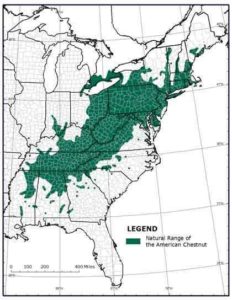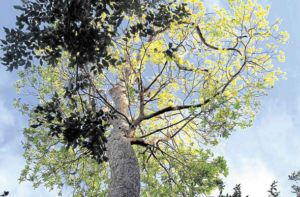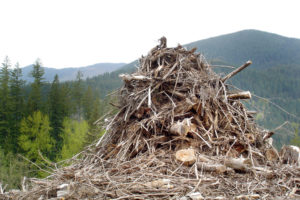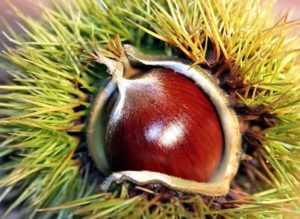 The United States Forest Service (USFS) is proposing to eliminate public participation and virtually abandon their legal and moral responsibility by significantly changing how it complies with the National Environmental Policy Act (NEPA).
The United States Forest Service (USFS) is proposing to eliminate public participation and virtually abandon their legal and moral responsibility by significantly changing how it complies with the National Environmental Policy Act (NEPA).
Adhering to these rules requires among other steps, to conduct environmental impact studies (EISs), allow for public review and must take into account not only scientific study of the possible impacts and threats but our approval or denial for proposed activities within public lands. These projects include logging, pipelines, and road building through 193 million acres of the last remaining wild places that belong to WE the PEOPLE!
 The GE AC is promoted as a test case to sway public opinion toward supporting the use of biotechnology for forest conservation, and to pave the way for the introduction of other GE trees. However, most other GE trees in development would be grown in industrial monoculture plantations, for the commercial production of timber, pulp and biofuels.
The GE AC is promoted as a test case to sway public opinion toward supporting the use of biotechnology for forest conservation, and to pave the way for the introduction of other GE trees. However, most other GE trees in development would be grown in industrial monoculture plantations, for the commercial production of timber, pulp and biofuels.

Bagoadlau, the hardest and densest of all local ironwoods
Giant pandas, Philippine eagles, African elephants and Bengal tigers are not the only species facing extinction. Some trees found only in the Philippines are, too.
Widespread logging, the indiscriminate conversion of primary forests into commercial plantations, housing developments, infrastructure projects and the steady march of climate change have all combined to push a number of native tree species to the brink of extinction.
Helping make sure that the Philippines will not lose these endemic trees vital to maintaining biodiversity is Energy Development Corp. (EDC), the renewable energy unit of the Lopez group of companies, through its groundbreaking Binhi (seed) program.
 But a cadre of scientists and policy activists are now pushing back, saying that biomass energy rests on deceptive accounting. Rather than being carbon neutral, biomass is liquidating millions of tons of irreplaceable carbon stocks in the midst of a climate crisis already out of control.
But a cadre of scientists and policy activists are now pushing back, saying that biomass energy rests on deceptive accounting. Rather than being carbon neutral, biomass is liquidating millions of tons of irreplaceable carbon stocks in the midst of a climate crisis already out of control.
 If approved, it would be the first GE forest tree legalized in the US. It would also be the first GMO approved for release in the wild with the intention of spreading pollen to contaminate wild relatives with the engineered trait. If approved, the unregulated GE American chestnut would eventually replace the wild American chestnut, which would no longer exist in the forests.
If approved, it would be the first GE forest tree legalized in the US. It would also be the first GMO approved for release in the wild with the intention of spreading pollen to contaminate wild relatives with the engineered trait. If approved, the unregulated GE American chestnut would eventually replace the wild American chestnut, which would no longer exist in the forests.
 The United States Forest Service (USFS) is proposing to eliminate public participation and virtually abandon their legal and moral responsibility by significantly changing how it complies with the National Environmental Policy Act (NEPA).
The United States Forest Service (USFS) is proposing to eliminate public participation and virtually abandon their legal and moral responsibility by significantly changing how it complies with the National Environmental Policy Act (NEPA).



